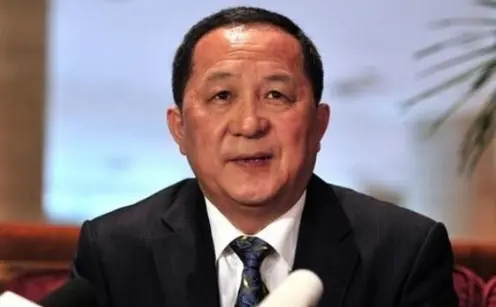Regulators are taking over operations for one year at Anbang Insurance, a high profile Chinese conglomerate that has in recent years been in the spotlight for high-profile acquisitions abroad, as the company’s former chairman comes under prosecution for alleged economic crimes, said an official announcement Friday.
Wu Xiaohui, Anbang’s former chairman whom the company confirmed was “unable to fulfill his duties” in June, is being prosecuted by a Shanghai Procuratorate court for fund raising fraud and embezzlement, according to a notice on the court’s website.
Fourteen-year old Anbang, which ranked as the 139th largest company in 2017 on the Fortune Global 500 list, has conducted practices that have breached China’s insurance law, putting the company’s solvency at severe risk, the China Insurance Regulatory Commission (CIRC) said on its website.
Starting Friday, a task force headed by a department director from the CISC will serve the function of the general meeting of shareholders, the board of directors and the board of supervisors. Business operations, including transfer of capital, asset transactions, information disclosure and signing of non-traditional insurance policies, must be authorized and approved by the CISC task force, though the company will remain a private enterprise.
The task force will attempt to clean up operations at Anbang by revamping performance evaluation systems, managing risk, collecting debt, performing legal duties, and collaborating with authorities in investigations.
At the end of the one year period, the company’s management will regain control, should operations improve.
The insurer is the owner of the New York’s Waldorf Astoria hotel.
Despite claims to be “one of the most profitable insurance companies” in China, with revenues totaling over 60 billion US dollars, the insurer’s aggressive campaign swallowing prime hotels, real estate and insurance assets--including its eyebrow raising acquisition of the New York’s Waldorf Astoria, has raised questions over its cash flow, share structure and, in particular, cross-investing between subsidiaries.
In mid-June, Wu, who built the conglomerate largely out of a series of auto insurance contracts with dealerships and turned it into an operator in financial leasing, banking, and money management. with self-proclaimed with assets totaling a self-proclaimed 300 billion US dollars, was detained by the central disciplinary commission for questioning according to Bloomberg.
Former Chairman Wu Xiaohui.
He could be among the most widely known figure to feel China's tightened clench on financial crime offenders, following The Supreme People’s Procuratorate vow in August to intensify crackdowns on activities including insider trading, illegal fundraising and pyramid schemes. Regulators are determined to keep insurance products on a tighter leash, as they “recently become a hub for rampant financial speculation”, as part of a larger campaign to prevent systemic risk.
China’s insurance law stipulates that regulators may assume temporary control of insurance firms at risk of insolvency, or those that breach the law. In 2004, New China life insurance was the first to be taken charge of by the CISC, following in embezzlement scandal with its former CEO.
China insurance in 2009 was also handed to be tidied up by the regulator after overly ambitious expansion plans left the company covered in red ink. The takeover eventually ended with a bailout from the China Insurance Protection Fund, which remains a stakeholder in China Insurance.
(CGTN)
 简体中文
简体中文

